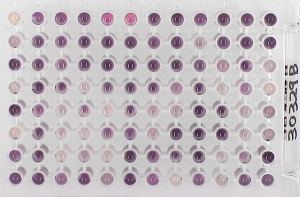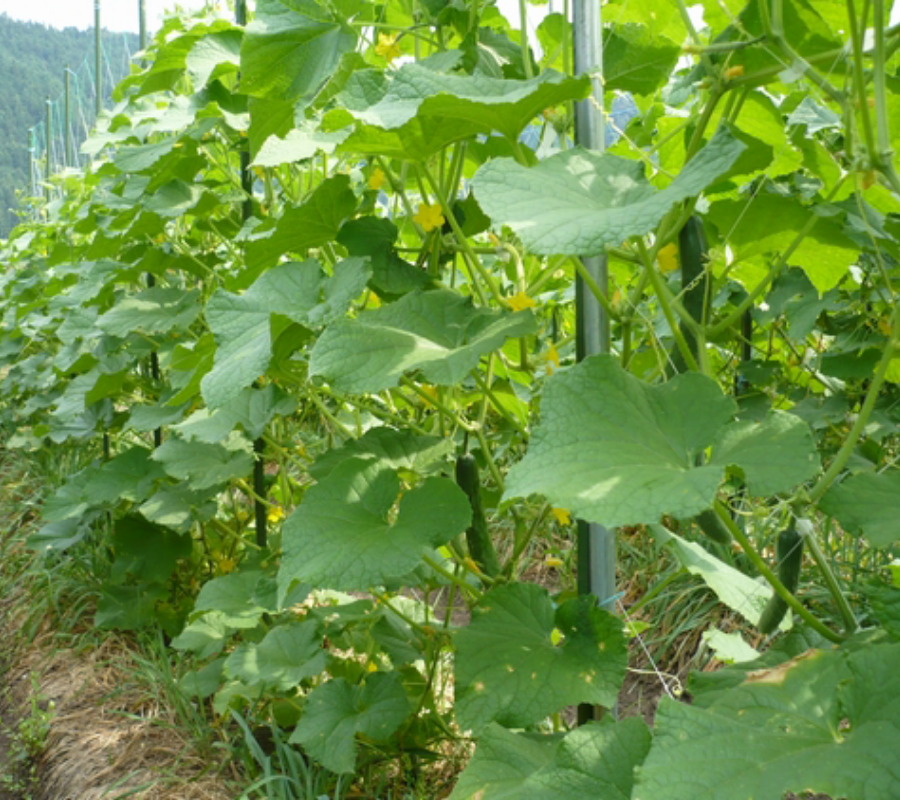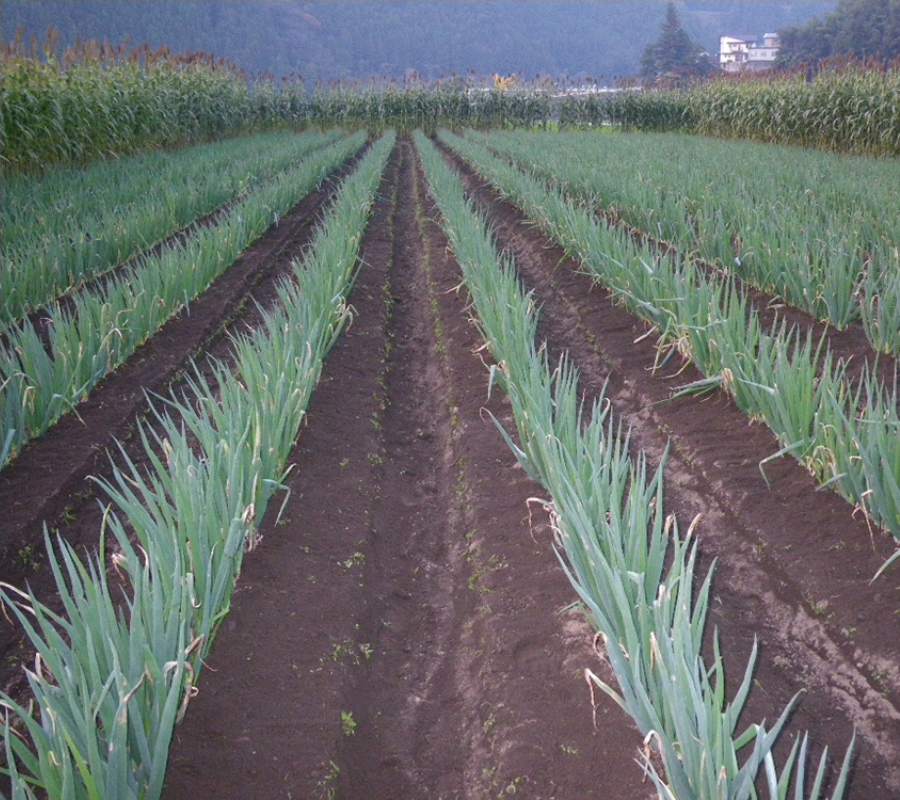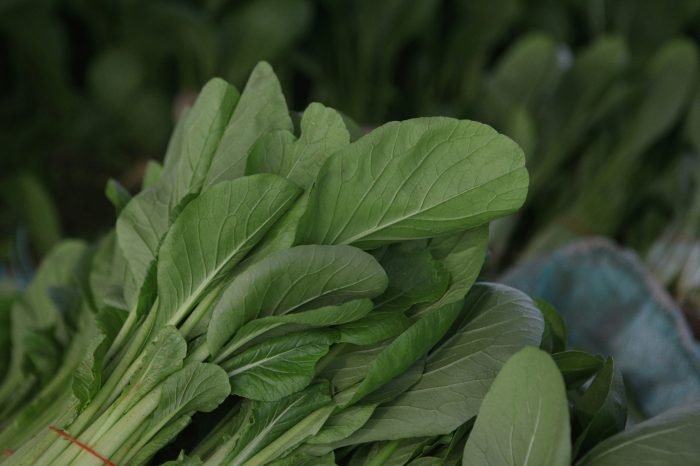Interview from 2011
Principal, Tosa Nature School, Kochi Prefecture – Kazuho Yamashita
Mr Kazuho Yamashita, head of Tosa Nature School in Kochi Prefecture, is currently writing a series on organic farming in the Saturday edition of the Nihon Agricultural Newspaper. The Microbial Performance Index in Mr Yamashita’s field, among the five samples analyzed, four samples exceeded one million, which was an excellent result. “BIOTREX analysis can be a powerful tool to help consumers understand organic farming,” Mr Yamashita points out.
We asked Mr Yamashita about the results of BIOTREX analysis and his thoughts on organic farming.
Q. What did you think when you saw the results of BIOTREX analysis?
I was relieved that the overall result was good.
BIOTREX analysis is a groundbreaking technology that scientifically reveals the biological properties of soil, which were previously understood through intuition. We will consider the results of this analysis, together with the results of the chemical analysis, and plan to use them in future soil preparation. We will continue to request BIOTREX analysis to improve the biological properties of the soil.

A plate with BIOTREX analysis results of komatsuna (Japanese mustard spinach) and spinach fields of organic farming school “Tosa Nature School“.
Q. Please tell us your thoughts on organic farming.
In Japan, the number of imported agricultural products is increasing every year due to the ageing of farmers and the increasing amount of fallow land, and domestic agriculture is facing a critical situation. But complaining about it won’t solve the problem. I have been working on organic farming because I believe that organic farming, which eliminates all pesticides and chemical fertilisers, will compete with imported agricultural products and open up the future of Japanese agriculture.
In order to realise this wish and increase the number of friends, I am the head of the Tosa Nature School. The basis of organic farming is “Soil building“, so we have been enhancing soil quality.

Enhancing the natural strength of the field is the basis of organic farming technology. As with white leeks, if the diversity and activity of soil microbes is high, downy mildew is suppressed and there is no insect damage. There is a direct correlation between the reproductive capacity of the soil, the high proportion of excellent products and high Microbial Performance Index values. Biodiversity guarantees this.

High microbial diversity and activity suppresses diseases such as downy mildew.
Q. The Microbial Performance Index values in the greenhouse were very high. What do you think about this?
In fact, we knew there were chemical problems with the soil in the greenhouse, so last year we started adding organic matter and focusing on improving the soil. I think the result of these efforts has led to a high score. I am delighted that my hard work has been numerically proven and that I can expect a good harvest next year.
Q. What are your expectations for BIOTREX analysis?
Until now, organic farming has had no objective benchmark, and it has been difficult to explain to consumers how it differs from conventional farming. We hope that the BIOTREX analysis will become an indicator and a tool for promoting organic farming. Kochi Prefecture is a leader in environmentally friendly farming, so we are also focusing on promoting organic farming following the enactment of the Organic Farming Promotion Law.
We would like extension officers and government officials to understand BIOTREX analysis, and work together with us to further promote organic agriculture.

